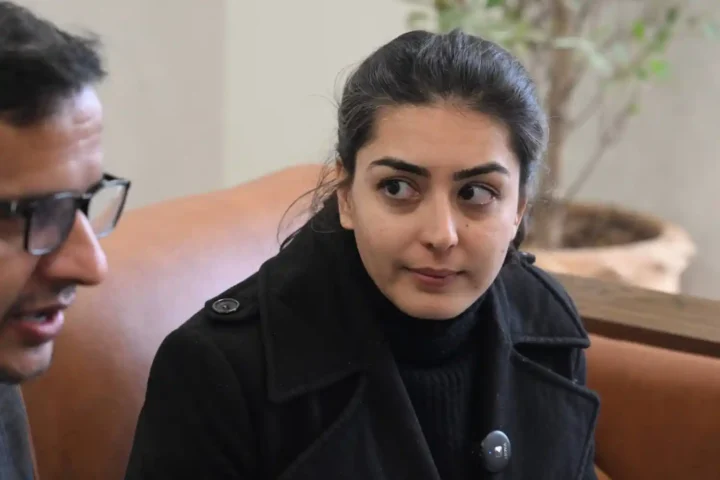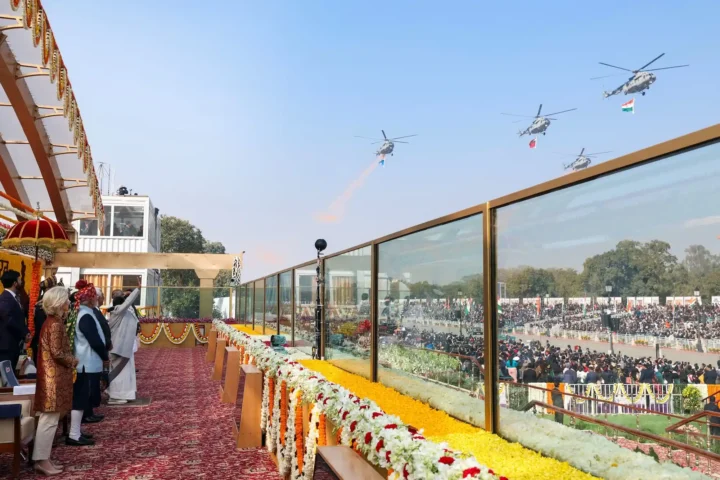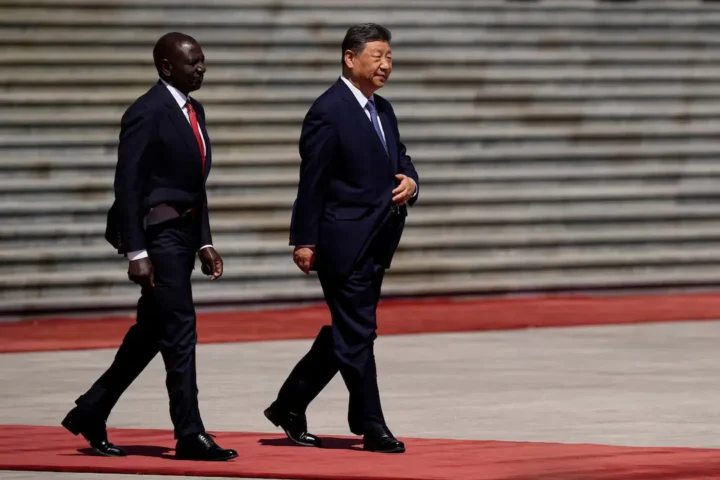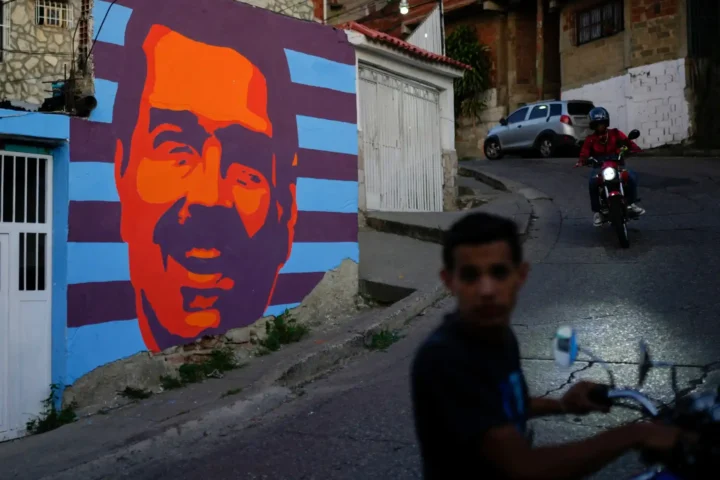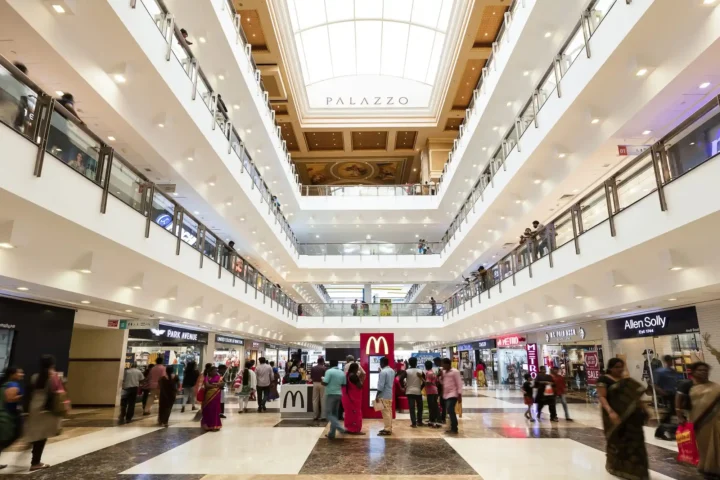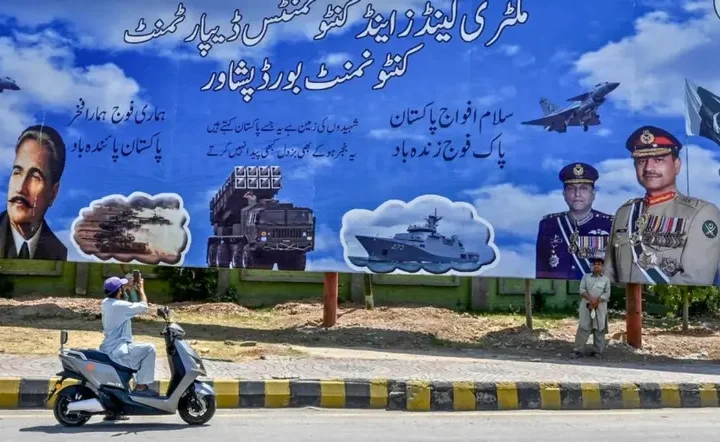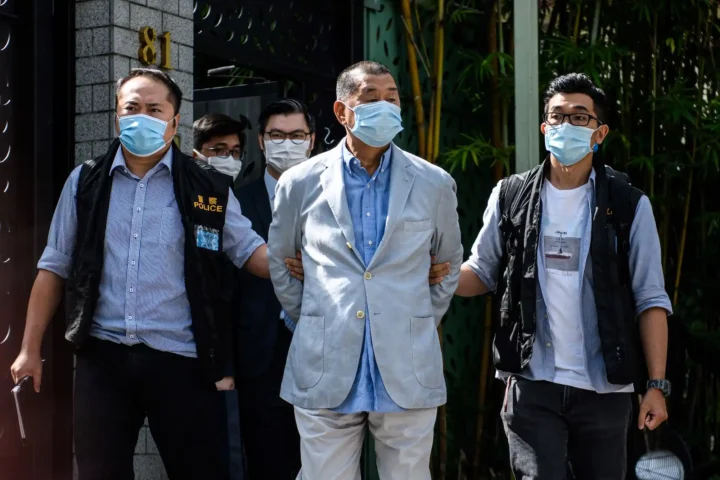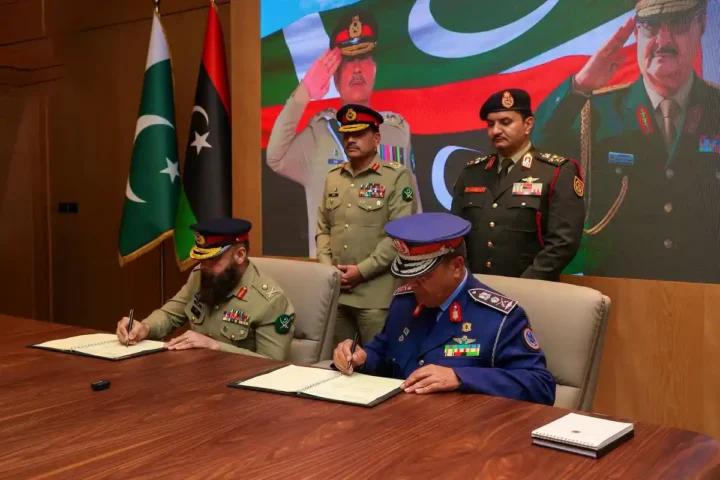In a democratic nation, the presidential office is often thought of as the steadiest anchor — the core around which the machinery of government revolves. But in South Korea, that center has not held. In the span of just five months, the office of the president (or acting president) has changed hands five times. The latest chapter in this political theater unfolded with dizzying speed on May 1, when Acting President Han Duck-soo resigned — and his successor, Choi Sang-mok, stepped down just hours later, even before assuming the post officially.
What South Koreans are witnessing is not simply the fallout from a single scandal or a few bad apples in the executive branch. It’s a full-blown crisis of leadership, legitimacy, and public trust. The impeachment of President Yoon Suk-yeol in December for an illegal declaration of martial law set the stage for this chaotic season. Since then, the country has been caught in a relentless cycle of legal purges, political brinksmanship, and constitutional quandaries. The result? A political landscape more volatile than it has been at any point since the end of military dictatorship — and no clear sign of relief on the horizon.
Han Duck-soo’s resignation was both expected and galling. Expected, because he had been dropping unsubtle hints about his desire to run in the June 3 presidential election. Galling, because his pursuit of personal ambition came at the expense of the country’s need for stability. Han, who had served as Prime Minister under the impeached Yoon, was already seen by many voters as tainted by association. Public polls showed little appetite for his candidacy. Yet he chose to step away from the acting presidency — a role that desperately required steadiness and impartiality — to likely launch a campaign that may only deepen the national divide.
His farewell address was vague, citing only a desire to “overcome the crisis.” But one doesn’t step off a ship in stormy seas to “help steer the fleet.” One stays and does the job. For Han to abandon post at such a critical time speaks volumes about the dysfunction gripping the upper echelons of South Korean politics.
Choi Sang-mok’s flash-in-the-pan return to the acting presidency was just as farcical. Before the ink on Han’s resignation could dry, Choi became the target of yet another impeachment push — this time over defying the Constitutional Court’s decision regarding judicial appointments. Whether this amounts to dereliction of duty or political retribution depends on your side of the aisle, but one fact is indisputable: it sent a message to the public that even the nation’s most senior technocrats are pawns in a game of parliamentary hardball.
So now, Lee Ju-ho, the minister of education, is acting president — at least for the moment. But with the opposition Democratic Party (DP) pledging to investigate every member of Yoon’s Cabinet for involvement in the martial law debacle, even Lee may not enjoy the seat for long. The revolving door at the Blue House has not just become a national joke; it’s a symbol of how governance itself has broken down.
The conservative People Power Party (PPP) accuses the DP of seeking anarchy. The DP counters that its mission is to cleanse the government of “insurrectionist” forces and restore democratic order. Neither side has clean hands. But perhaps the most troubling development isn’t just this political tit-for-tat — it’s the looming possibility that even the June 3 election may not deliver closure.
On the same day that Han and Choi exited the stage, the Supreme Court delivered a stunning verdict: it overturned the acquittal of DP presidential candidate Lee Jae-myung, reviving a criminal case that could render him ineligible to run. Lee, the front-runner in the race, is now set for a retrial. If the legal proceedings move fast enough, he could be barred from running. If not, and he wins, South Korea would face an unprecedented situation — a president-elect under active prosecution.
Here the constitutional fog thickens. South Korea’s constitution protects sitting presidents from legal action except in cases of insurrection or treason. Lee’s case concerns violations of the Election Probation Act — serious, but not treasonous. If he wins, does the trial pause until he completes his term? Or does the Constitutional Court step in again to rule on this new legal frontier? One almost needs a flowchart to follow the possible scenarios — and none of them inspire confidence.
For South Koreans, the fatigue is palpable. This is a country that has, for decades, prided itself on its democratic resilience. It survived authoritarianism, weathered the Asian Financial Crisis, endured the impeachments of two presidents in the past 15 years, and still emerged as a vibrant, globally admired democracy. But the events of the past months threaten to tip that balance.
The notion that South Korea could re-enter a period of executive overreach — as evidenced by Yoon’s declaration of martial law — was once unthinkable. Now it’s the very event that has thrown the nation into this maelstrom. Add to this the whiplash-inducing pace of resignations and impeachments, and you have a government barely capable of functioning, let alone leading.
And amid this wreckage, the South Korean public is left to wonder: who’s actually in charge?
To move forward, South Korea must prioritize three core principles: accountability, stability, and restraint.
First, the full truth about Yoon’s martial law declaration must come to light. If there was a serious effort to subvert the democratic process, then those responsible — whether ministers, military officials, or advisers — must be held accountable. Not in a politicized witch hunt, but through transparent, lawful, and independent investigations.
Second, the government must create clear interim protocols for transitions of power. The fact that acting presidents can be impeached within hours of appointment speaks to a deeper systemic fragility. Perhaps a nonpartisan council or a designated caretaker authority is needed during times of crisis, especially when both the executive and legislative branches are at war.
Third — and perhaps most difficult — political leaders must exercise restraint. There is no constitutional fix for ambition run amok. Han Duck-soo’s resignation was legal. But was it wise? Was it moral, at a time when the country needed continuity? Leaders must ask themselves not just what they are allowed to do, but what they ought to do.
The next few weeks will be critical. If Lee Jae-myung remains in the race and wins, the country may once again find itself in constitutional limbo. If he’s disqualified and another candidate wins in a fractured field, questions of legitimacy will haunt the presidency for years. And in the meantime, Lee Ju-ho governs — not with a mandate, but by default.
South Korea’s political crisis is no longer just a drama of headlines and resignations. It’s a test of the nation’s democratic soul. Will South Korea continue down the road of factional infighting and constitutional ambiguity? Or will it seize this moment to reaffirm its commitment to democratic principles and national unity?


